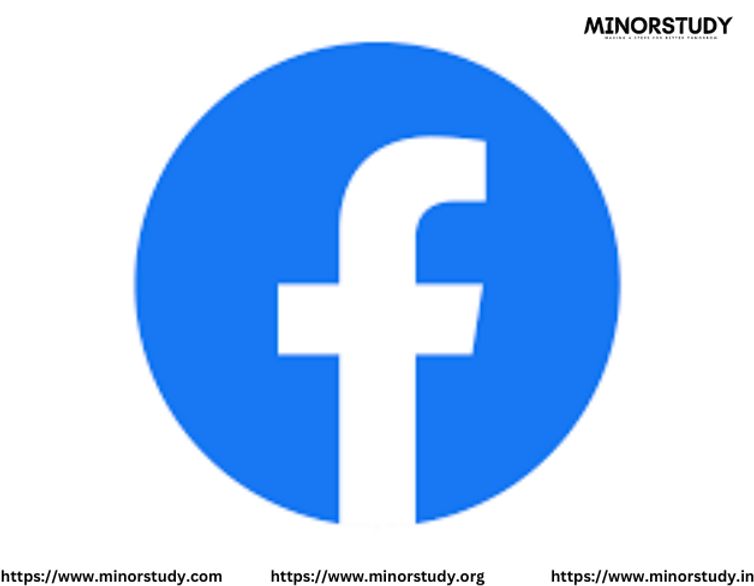🌐 Introduction: Facebook’s Ubiquity in Modern Life
Since its inception in 2004, Facebook has transformed from a college networking site into a global social media powerhouse. With nearly 3 billion users as of 2021, it has redefined how we connect, share, and communicate. This article explores Facebook’s history, significance, and its profound impact on our daily lives and society.Encyclopedia Britannica+2Wikipedia+2Office Timeline+2Encyclopedia Britannica
- 🌐 Introduction: Facebook’s Ubiquity in Modern Life
- 🕰️ A Brief Timeline of Facebook
- 📊 Key Facts About Facebook
- ❓ Frequently Asked Questions (FAQs)
- 🌟 Significance of Facebook in Society
- 🧭 Importance in Daily Life
- 🎉 Wishing Messages for Facebook Enthusiasts
- 📌 Important Points to Remember
- 🌍 Importance to Society
- 📚 Conclusion: Embracing Facebook’s Impact
🕰️ A Brief Timeline of Facebook
2004: Mark Zuckerberg launches “TheFacebook” at Harvard University. Wikipedia+2Office Timeline+2HISTORY+2
2005: The company acquires the domain facebook.com and drops “The” from its name. Office Timeline
2006: Facebook opens registration to the general public.
2007: Launches Facebook Platform for developers. Office Timeline
2009: Introduces the “Like” button.
2012: Facebook goes public with its IPO.
2015: Activates Safety Check during the Nepal earthquake. Wikipedia
2018: Cambridge Analytica data scandal comes to light. Wikipedia
2021: Facebook rebrands its parent company as Meta Platforms Inc.BBC
📊 Key Facts About Facebook
User Base: Nearly 3 billion monthly active users as of 2021. Encyclopedia Britannica
Global Reach: Available in over 100 languages.Wikipedia+2HISTORY+2Encyclopedia Britannica+2
Economic Impact: Significant contributor to digital advertising revenue globally.
Acquisitions: Owns Instagram, WhatsApp, and Oculus VR.
❓ Frequently Asked Questions (FAQs)
Q1: What is Facebook’s mission?
A: To give people the power to build community and bring the world closer together.
Q2: How does Facebook generate revenue?
A: Primarily through advertising, leveraging user data to target ads effectively.
Q3: What was the Cambridge Analytica scandal?
A: A data breach where personal information of millions of users was harvested without consent for political advertising. Wikipedia
Q4: How has Facebook impacted society?
A: It has revolutionized communication, influenced political processes, and raised concerns about privacy and mental health.
🌟 Significance of Facebook in Society
Facebook’s influence extends beyond social networking:
Communication: Facilitates instant connection across the globe.
Business: Provides a platform for marketing and customer engagement.
Education: Offers groups and pages for learning and collaboration.
Activism: Serves as a tool for organizing and spreading awareness.
🧭 Importance in Daily Life
Facebook plays a vital role in our everyday activities:
News Consumption: Many users rely on Facebook for news updates.
Event Planning: Used to organize and RSVP to events.
Marketplace: Facilitates buying and selling of goods locally.
Memory Sharing: Allows users to share and revisit past experiences.
🎉 Wishing Messages for Facebook Enthusiasts
“May your connections be meaningful and your memories cherished!”
“Here’s to building communities and sharing moments that matter!”
📌 Important Points to Remember
Privacy Settings: Regularly review and update your privacy settings.
Digital Footprint: Be mindful of the information you share online.
Mental Health: Take breaks from social media to maintain well-being.
Critical Thinking: Evaluate the credibility of information encountered on the platform.
🌍 Importance to Society
Facebook’s societal contributions include:
Disaster Response: Safety Check feature helps users mark themselves safe during crises. Wikipedia+1wired.com+1
Cultural Exchange: Promotes sharing of diverse cultures and ideas.
Economic Opportunities: Empowers small businesses through targeted advertising.
Political Engagement: Provides a platform for political discourse and mobilization.
📚 Conclusion: Embracing Facebook’s Impact
Facebook has undeniably transformed the digital landscape, influencing how we connect, communicate, and consume information. While it offers numerous benefits, it’s essential to navigate the platform responsibly, being aware of its potential drawbacks. As we continue to integrate Facebook into our lives, let us strive for a balanced and mindful approach to its use.









Its wonderful as your other posts : D, appreciate it for posting. “Say not, ‘I have found the truth,’ but rather, ‘I have found a truth.'” by Kahlil Gibran.